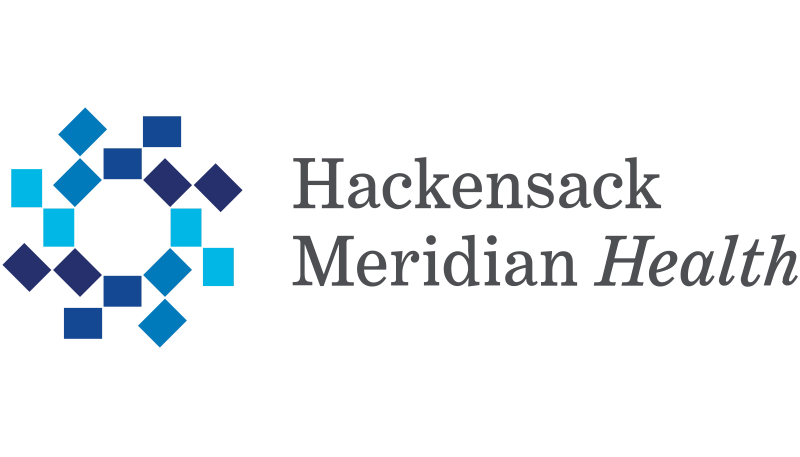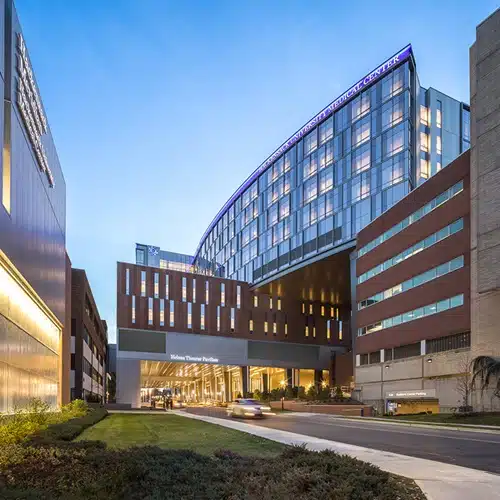

Hackensack University Medical Center (HUMC), the 781-bed flagship facility in New Jersey’s Hackensack Meridian health system, serves the metro New York area and was in the epicenter of the fight against COVID-19 this spring. Elective surgeries were cancelled in March as HUMC transitioned to serve mainly COVID patients. Since the pandemic hit the area, HUMC has discharged well over one thousand COVID-19 patients.
While HUMC has cared for their share of critical patients on ventilators, the reality is that there is a wide range of severity across COVID-19 positive patients. The majority of patients, who can be in the hospital upwards of two weeks, are conscious and lucid. They are also scared, lonely, and unable to receive the comfort of friends and family in person due to strict isolation protocols which forbid outside visitors.
As can be expected, patients in isolation were having a difficult time. The HUMC Patient Experience team was exploring different ways to help ease the burden for these patients and their families while also trying to keep everyone – staff and patients – safe. The team was kicking around different ideas for somehow receiving cards and messages from family and friends and getting them into the patient’s rooms. The challenge was trying to do this in a manner that was both safe and efficient.

With pCare Photo Share, patient’s send a text message invitation to friends and families with a link to upload photos directly to the patient’s pCare account. Once uploaded, the patient receives an alert on his television from which he can view the photos that have been shared. Implementing photo share was easy. Once we decided to move forward, it was a matter of setting up a test room in our facility. After we validated that invitations could be sent and photos successfully uploaded, we pushed the button and the photo share was immediately available in all 781 rooms. The response has been phenomenal. People have been creative in leveraging the app – sending photos, cards and special messages to the isolated patients.